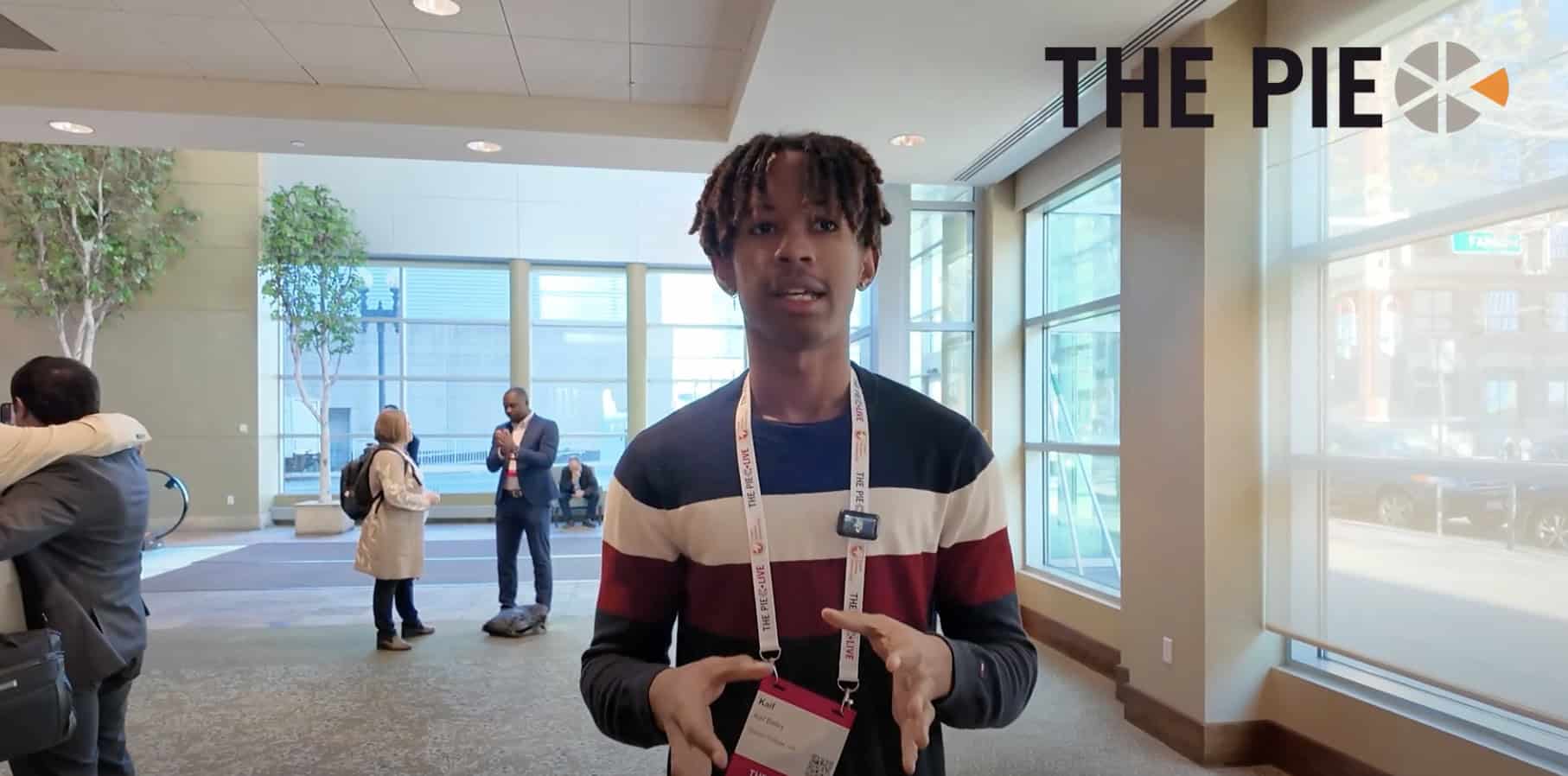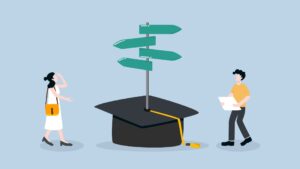The re-election of Donald Trump on November 5 has thrown the international education sector into speculation about how his second term could impact international students in the US.
“I’m fearful for my future”, shared Keith, a third-year undergraduate from Jamaica studying business analytics, during the PIE Live North America conference.
“Even though Trump’s policies do not specifically target F-1 students, there are many side effects of his hard stance on immigration”, said Keith, pointing to the surge in H1-B visa denials during Trump’s first term when rejection rates for new skilled foreign worker visas reached 25%, the highest in a decade.
“Companies are already hesitant to sponsor because it’s risky, it’s expensive and it might not work out. They don’t want to hire someone that’s going to have to end up leaving the country because their H-1B visa got rejected.
“So even if I have a good degree and I’m doing all the right things in terms of professional development, my job opportunities are going to get slimmer and slimmer,” he said.
Lilya, a Ukrainian student in her senior year, echoed Keith’s concerns about the slimming down of job opportunities for international students under Trump.
“Even without the election results, it was pretty hard for me to find a job as an immigrant in America,” said Lilya.
“For now, I have 12 months of OPT which will allow me to work for 12 months on the same student visa. After that, it will be up to the company that hires me for the OPT whether they want to sponsor me for the visa or not.”
Even if Lilya’s company does decide to sponsor her, specialty occupation visas are notoriously competitive.
She will then be entered into the H-1B visa lottery which all applicants are entered into if the total registrations exceed the annual cap limits. Historically, the success rate has ranged from 25% – 35%, but it can fluctuate significantly.
During the conference, delegates and students heard from experts who said that they didn’t anticipate Trump to abolish OPT, though it is widely expected that many of Biden’s executive orders helping international students will be rolled back in the first few days of Trump’s presidency.
At the same time, stakeholders agreed that the Republican administration would want to preserve the economic value of international students – who contribute $50bn to the US economy annually – which could lead to some favourable policies.
The only thing that seems certain is that educators must be prepared to react to the “dynamic environment” of Trump’s unpredictability, which is not lost on international students.
Keith and Liliya both referenced their “uncertain” and “unknown” futures in the US, with the election giving them pause to assess their futures and explore alternative pathways to stay in the US after graduation.
On a personal level, Keith said the election had increased his family’s fears about his safety, “making a contentious country even more contentious and more opposed to me existing here as a black person and an immigrant of colour”.
The election results also struck a personal note with Lilya as a woman, “because I care about my reproductive rights in this country, but also, as an immigrant [from Ukraine] who can’t really return home, I care about the policies of this country and the opportunities to stay here and get a job and be a lawful citizen.”
I care about the policies of this country and the opportunities to stay here and get a job and be a lawful citizen
Lilyia, Ukrainian student
Trump’s populist views on the Russian invasion of Ukraine are also troubling to Lilya, who expressed her concerns about how Russian informational warfare influences both the Democrat and Republican parties in the US.
“It affects me not only on the personal level as an immigrant, but it also affects my home country and family… I’m not happy, but we’ll see how life goes and where it takes me,” said Lilya.
This sense of resilience was shared by Fioni, an MBA student from Indonesia, who, while empathising with fellow student concerns about visa changes and reduced job opportunities, reflected differently on the results of November 5.
“I believe as an international student, all we can do is keep doing our best and remember our personal value.
“The most important thing now is to create a mutual understanding and to keep creating a positive impact throughout the world, and with that, we will have the best place where we can continue having such an impact.”
Additional reporting by Nicholas Cuthbert




